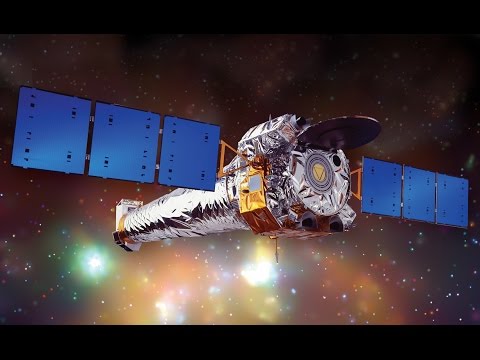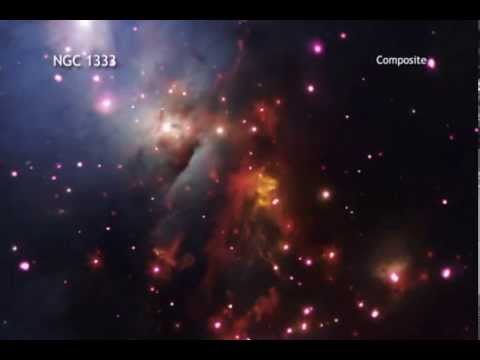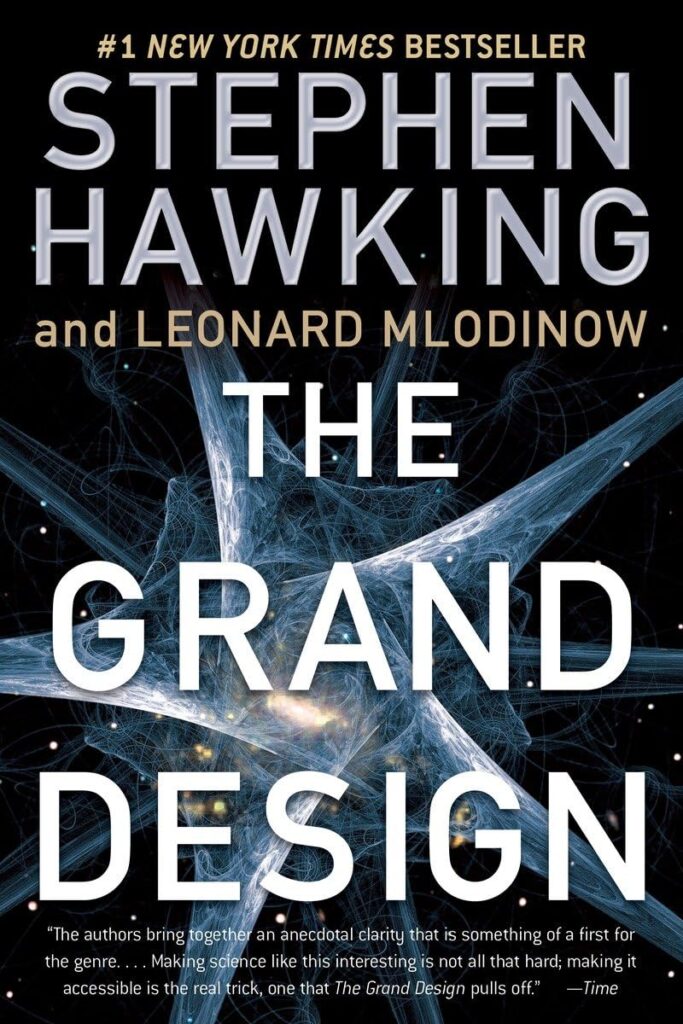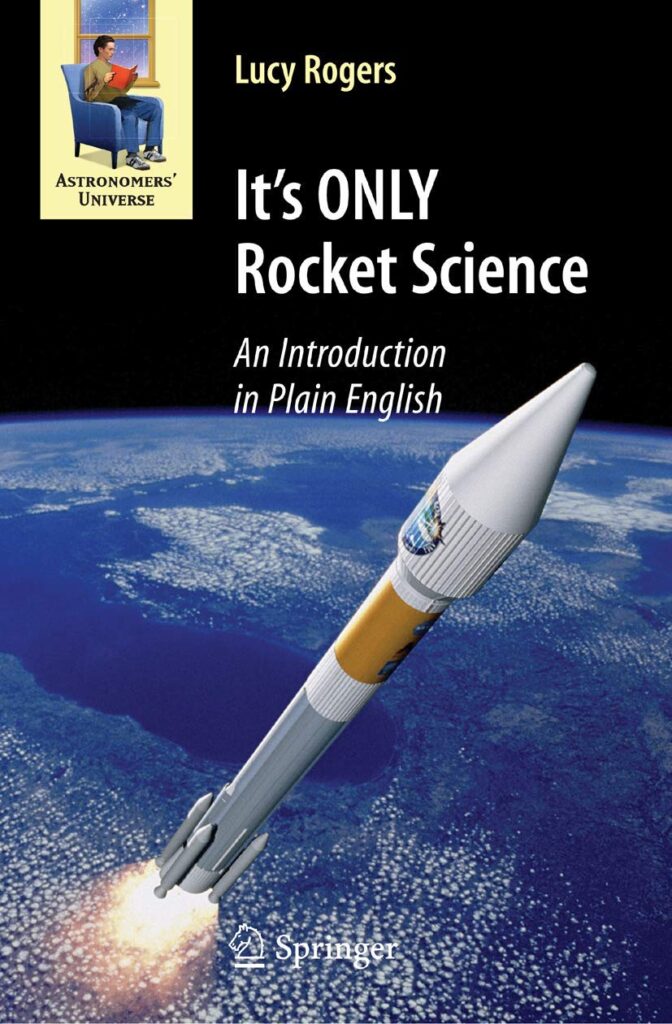The Future of Space-Time Research: What Lies Ahead in the Field of Astrophysics
Astrophysics, the branch of astronomy that deals with the physical properties of celestial bodies and the universe as a whole, has made significant advancements in recent years. One of the most exciting areas of research within astrophysics is the study of space-time, the fabric of the universe that combines the three dimensions of space with the fourth dimension of time.
Space-time research has the potential to revolutionize our understanding of the cosmos and our place within it. By studying the interactions between matter and energy in the context of space-time, astrophysicists can unlock the secrets of the universe’s origins, evolution, and ultimate fate.
One of the key questions that space-time research seeks to answer is the nature of gravity. Albert Einstein’s theory of general relativity revolutionized our understanding of gravity by describing it as the curvature of space-time caused by the presence of mass and energy. However, there are still many unanswered questions about the fundamental nature of gravity, such as its relationship to the other fundamental forces of nature and its behavior on cosmological scales.
Another important area of research in space-time is the study of black holes. Black holes are regions of spacetime where gravity is so strong that nothing, not even light, can escape their gravitational pull. By studying black holes, astrophysicists can test the limits of general relativity and explore the properties of extreme environments in the universe.
In addition to black holes, space-time research also includes the study of other exotic phenomena such as wormholes, which are hypothetical tunnels in space-time that could potentially allow for faster-than-light travel, and cosmic strings, which are theoretical one-dimensional objects that could have formed in the early universe.
Looking ahead, the future of space-time research holds great promise for furthering our understanding of the universe. Advances in technology, such as the development of more powerful telescopes and detectors, will enable astrophysicists to explore the universe in ways that were previously unimaginable.
Furthermore, collaborations between researchers in different fields, such as astrophysics, particle physics, and cosmology, will help to bring together diverse perspectives and approaches to studying space-time. By combining insights from different disciplines, astrophysicists can make new discoveries and breakthroughs in our understanding of the cosmos.
Overall, the future of space-time research in astrophysics is bright and full of exciting possibilities. By continuing to push the boundaries of our knowledge and exploring the mysteries of the universe, astrophysicists can unlock the secrets of space-time and gain a deeper understanding of the fundamental nature of the cosmos. As we look ahead to the future, we can expect groundbreaking discoveries that will reshape our understanding of the universe and our place within it.













